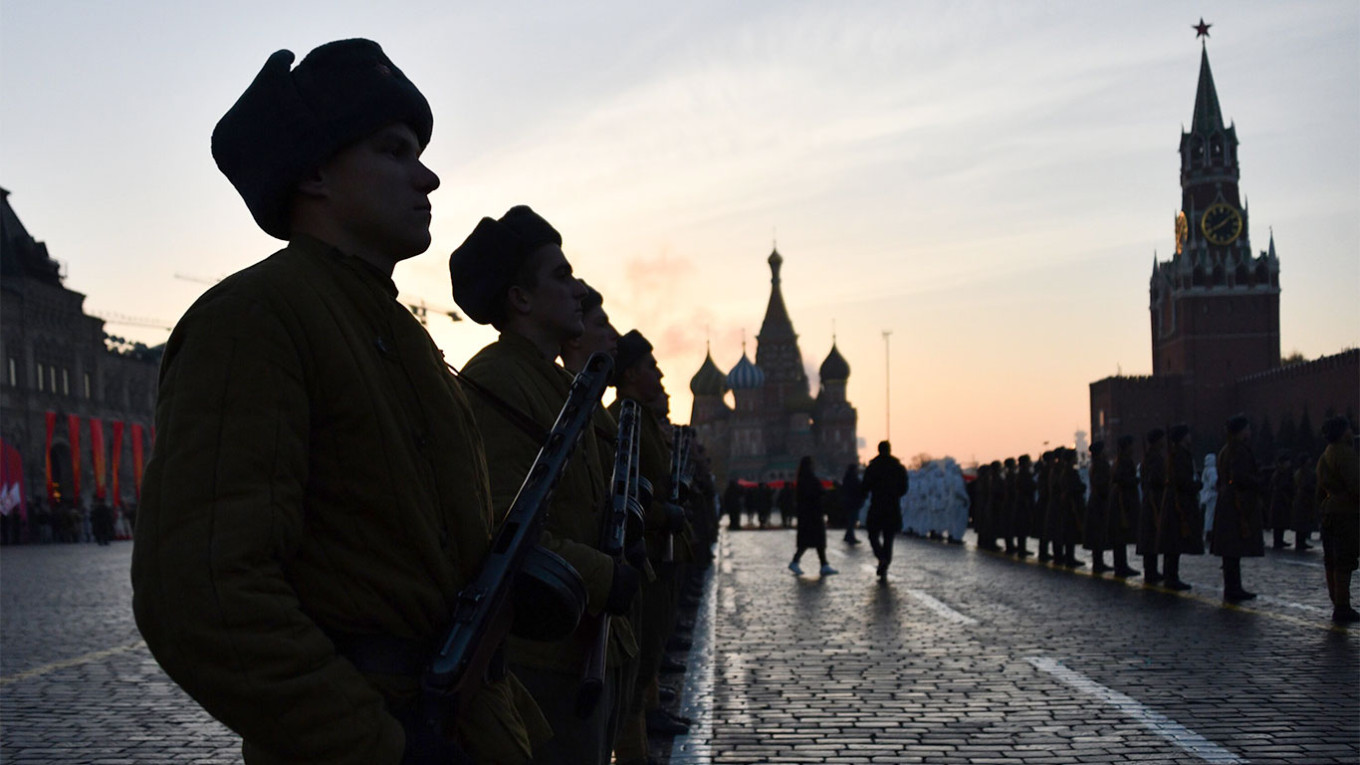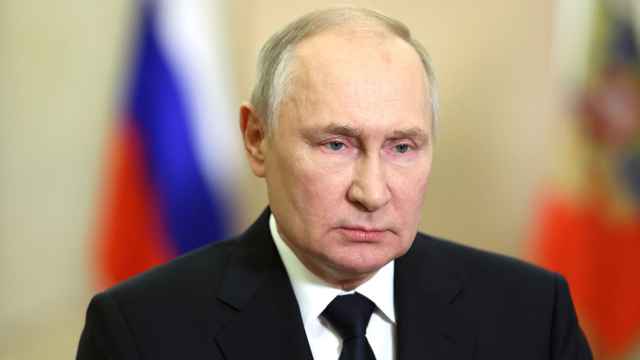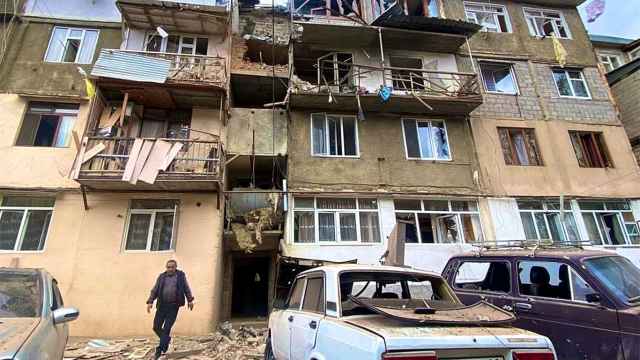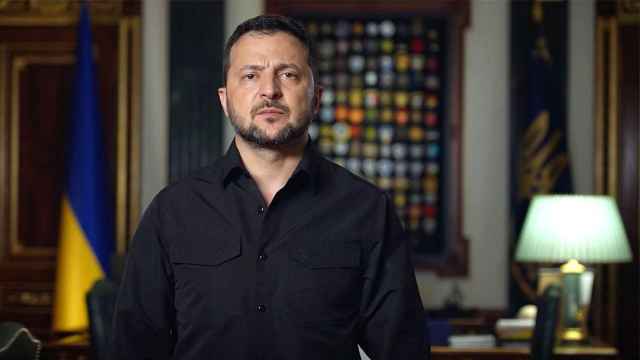Russian officials face various restrictions on their ability to travel abroad, the Kremlin said Friday after a Reuters report linked the limits to fears that foreign powers could attempt to gain access to state secrets.
“All [state] organizations have nuances in the current system of approving travel abroad,” Kremlin spokesman Dmitry Peskov said in his daily briefing with reporters.
“There are departments where employees are not allowed departures. There are organizations with a mandatory individual notification procedure,” Peskov added without adding further details.
In a report published Thursday, Reuters cited nine anonymous state-linked sources as detailing a “chaotic” system of travel rules for officials across state bodies — even for trips to countries that Moscow deems “friendly.”
The main reasons driving the tougher rules were said to be fears that Russian officials could be “entrapped” and forced to give up state secrets or detained and extradited to the West.
Russia reportedly introduced an informal travel ban for officials in 2022, when Moscow invaded Ukraine and its ties with the West deteriorated to post-Cold-War lows.
Reuters wrote that the travel ban was formally adopted in mid-2023 and similar restrictions have now been introduced for holders of state secrets across Russia’s ministries.
The agency said restrictions were tightened after the January detention in the United Kingdom of Dmitry Ovsyannikov, the former Russian-installed head of Sevastopol in annexed Crimea. Ovsyannnikov is on bail awaiting trial for sanctions violations and money laundering.
In February 2023, Peskov denied the existence of foreign travel bans for officials after reports of the restrictions first started to emerge.
That April, he confirmed that “stricter rules” had been formalized for those who work in “sensitive” areas, telling the Financial Times that “more attention has been paid to the issue” since the invasion of Ukraine.
Former and current officials told The Moscow Times around that time that senior officials needed “double approval” from both their immediate superiors and their bosses for any foreign travel.
This meant that Kremlin Chief of Staff Anton Vaino or even President Vladimir Putin himself had to personally sign off on foreign trips.
A Message from The Moscow Times:
Dear readers,
We are facing unprecedented challenges. Russia's Prosecutor General's Office has designated The Moscow Times as an "undesirable" organization, criminalizing our work and putting our staff at risk of prosecution. This follows our earlier unjust labeling as a "foreign agent."
These actions are direct attempts to silence independent journalism in Russia. The authorities claim our work "discredits the decisions of the Russian leadership." We see things differently: we strive to provide accurate, unbiased reporting on Russia.
We, the journalists of The Moscow Times, refuse to be silenced. But to continue our work, we need your help.
Your support, no matter how small, makes a world of difference. If you can, please support us monthly starting from just $2. It's quick to set up, and every contribution makes a significant impact.
By supporting The Moscow Times, you're defending open, independent journalism in the face of repression. Thank you for standing with us.
Remind me later.






